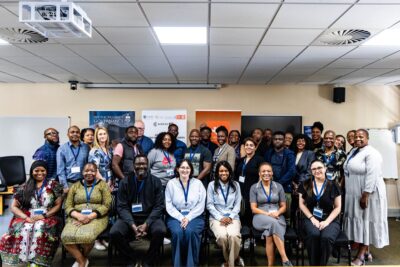Rumee Ahmed’s Sharia Compliant begins with a letter to his Muslim readers. The Arabic term for “letter” is risala, a term that begins the titles of important historical sources of Islamic law. Muhammad b. Idris al-Shafi’i’s legal theory (usul al-fiqh) text is simply entitled al-Risala, or the Epistle of al-Shafi‘i (al-risala li’l-Shafi‘i). Reviewing Ahmed’s Sharia Compliant, I could not help but feel that Ahmed is reaching out and turning the pages for me as I read his own risala. Indeed, Ahmed’s latest work reflects the voice of an author who cares about both his subject and, most importantly, his reader. His study is about Islamic law, and in particular, the possibilities of reform. . . . To center the textuality of law—and all that it implies by way of training, expertise, and the resulting elitism of legal analysis—ultimately reinstantiates the dominant paradigm of law, where the authority granted to the text masks the elitism of those who make an exclusive (and exclusionary) claim of competence and expertise to read them. This critique is not unique to Islamic law. The field of legal studies is peppered with a number of studies about law “from below,” where the hierarchy embedded in expertise and professionalization is the subject of critique.


















